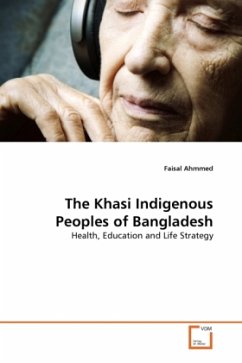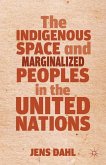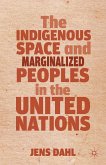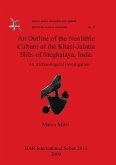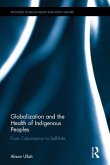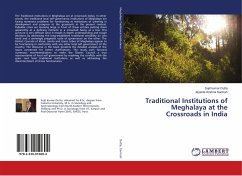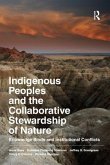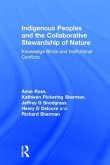The Khasi Indigenous Peoples of Bangladesh is ethnographic discourse of everyday life of the Khasi indigenous community in Bangladesh. Through everyday life analysis and ethnographic observation, the author explains the three broader dimensions- health, education and livelihood of Khasi indigenous people's life in this text. As an indigenous community the Khasis have a unique place within the general Bangladesh community. Matriarchic family system has introduced this community as a very special indigenous group within Bangladesh. Moat of their habitats are located in remote hilly areas those are isolated from the majority community. Therefore, there are naïve assumptions about this community. It is commonly known to the majority people that the Khasis are affluent and they don't have problem. But the reality is different; they have to encounter series of problems. However they usually avoid disclosing their needs and problems outside their community and try to solve it on their own. That is why their situation remains unnoticed to the policy makers and development organizations.
Bitte wählen Sie Ihr Anliegen aus.
Rechnungen
Retourenschein anfordern
Bestellstatus
Storno

